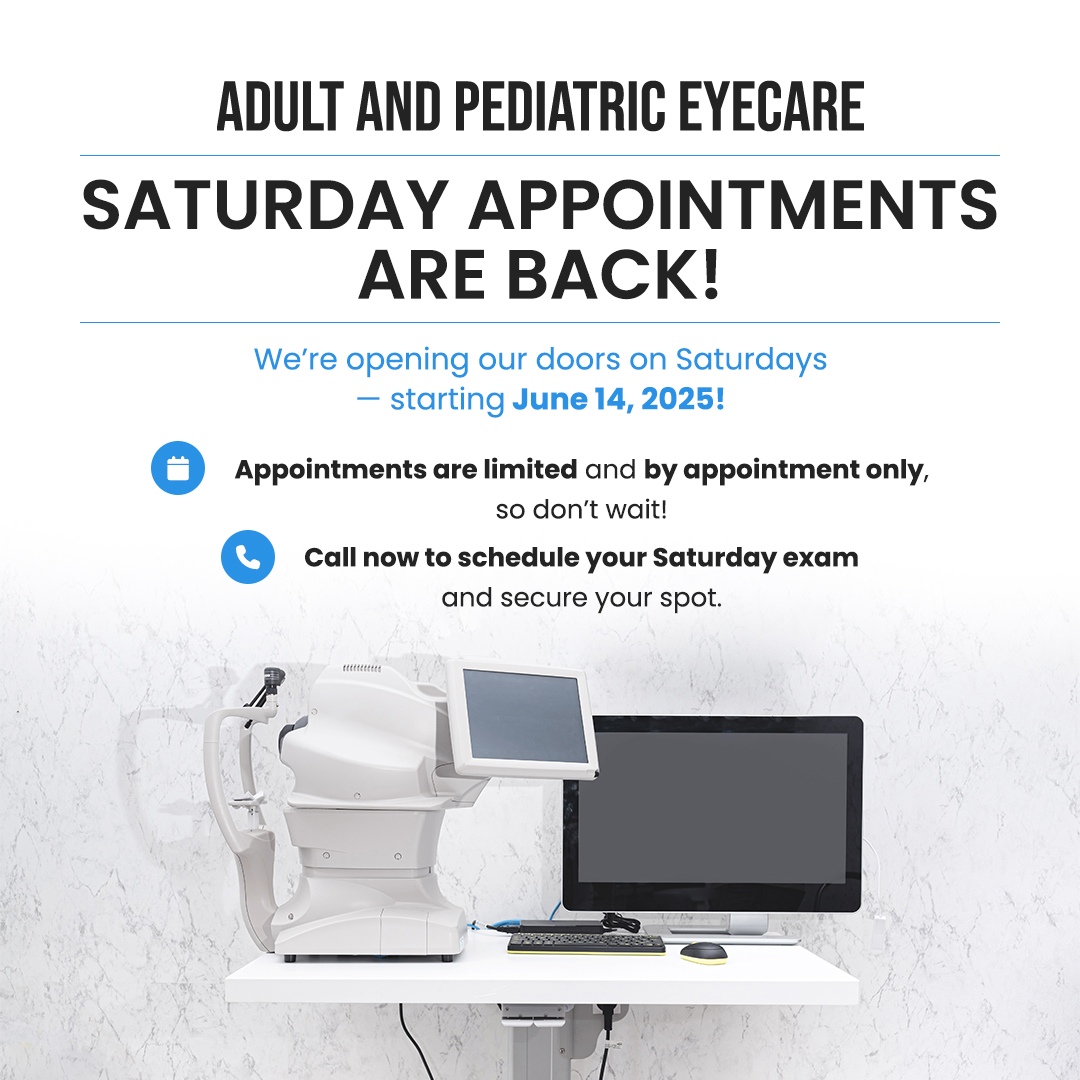
Clear Lens Extraction (CLE) is a surgical procedure that involves the removal of the natural lens of the eye and replacing it with an artificial lens implant, also known as an intraocular lens (IOL). CLE is primarily performed to correct refractive errors, such as nearsightedness, farsightedness, and astigmatism.
Understanding CLE and How It Works
Clear Lens Extraction is similar to cataract surgery, where the natural lens is removed and replaced with an IOL. However, in CLE, the lens is clear and not clouded as in the case of cataracts. The procedure begins with the administration of local anesthesia to numb the eye and ensure a painless experience for the patient.
Once the eye is numb, a small incision is made on the cornea, which is the clear front surface of the eye. Through this incision, your eye surgeon accesses the lens and carefully removes it. The artificial IOL is then inserted into the empty lens capsule. The IOL is specifically chosen to correct the patient's refractive error, providing them with improved vision.
After the IOL is implanted, the incision is closed with tiny sutures or self-sealing techniques. Following the surgery, patients are usually prescribed antibiotic and anti-inflammatory eye drops to prevent infection and reduce inflammation.
Factors to Consider Before Undergoing Clear Lens Extraction
Before deciding to undergo Clear Lens Extraction, there are several factors that need to be considered. Firstly, it is crucial to have a thorough eye examination to determine if you are a suitable candidate for the procedure. Your optometrist will evaluate your overall eye health and discuss your expectations and goals for vision correction.
Age is another important factor to consider. CLE is typically recommended for individuals over the age of 40 who have developed presbyopia, a condition that affects near vision. It is also important to have stable vision, as any changes in prescription can affect the accuracy of the IOL power calculation.
Additionally, it is essential to understand the potential risks and complications associated with the procedure. While CLE is generally safe, there is a small risk of infection, bleeding, and retinal detachment. Your optometrist will discuss these risks with you and address any concerns you may have.

The Importance of Consulting with Your Optometrist
Your optometrist will assess your eye health, review your medical history, and perform a comprehensive eye examination. This consultation is essential to determine if you are a suitable candidate for the procedure and to discuss the potential benefits and risks.
During the consultation, your optometrist will also explain the different types of IOLs available and help you choose the one that best suits your needs. There are various types of IOLs, including monofocal, multifocal, and toric lenses, each designed to address specific vision concerns.
Additionally, your optometrist will provide you with detailed pre-operative and post-operative instructions to ensure a smooth and successful recovery. They will schedule follow-up appointments to monitor your progress and address any post-operative concerns.
Surgery Co-Management and Its Role in Clear Lens Extraction
Surgery co-management is an important aspect of Clear Lens Extraction. This refers to the collaboration between your optometrist and the ophthalmic surgeon throughout the entire process, from the initial consultation to post-operative care.
Your optometrist will work closely with your eye surgeon to ensure a seamless transition and continuity of care. They will communicate your specific visual needs and preferences to the surgeon, ensuring that the chosen IOL provides the desired outcome.
Additionally, your optometrist will play a crucial role in the post-operative care and monitoring of your vision. They will assess the healing process, monitor any changes in your vision, and make any necessary adjustments to optimize your visual outcome.
If you are interested in CLE, schedule a consultation with our optometrist to discuss your options and determine if you are a suitable candidate. Your trusted eye care team will guide you through the process, address your concerns, and provide personalized care to ensure the best possible outcome.





